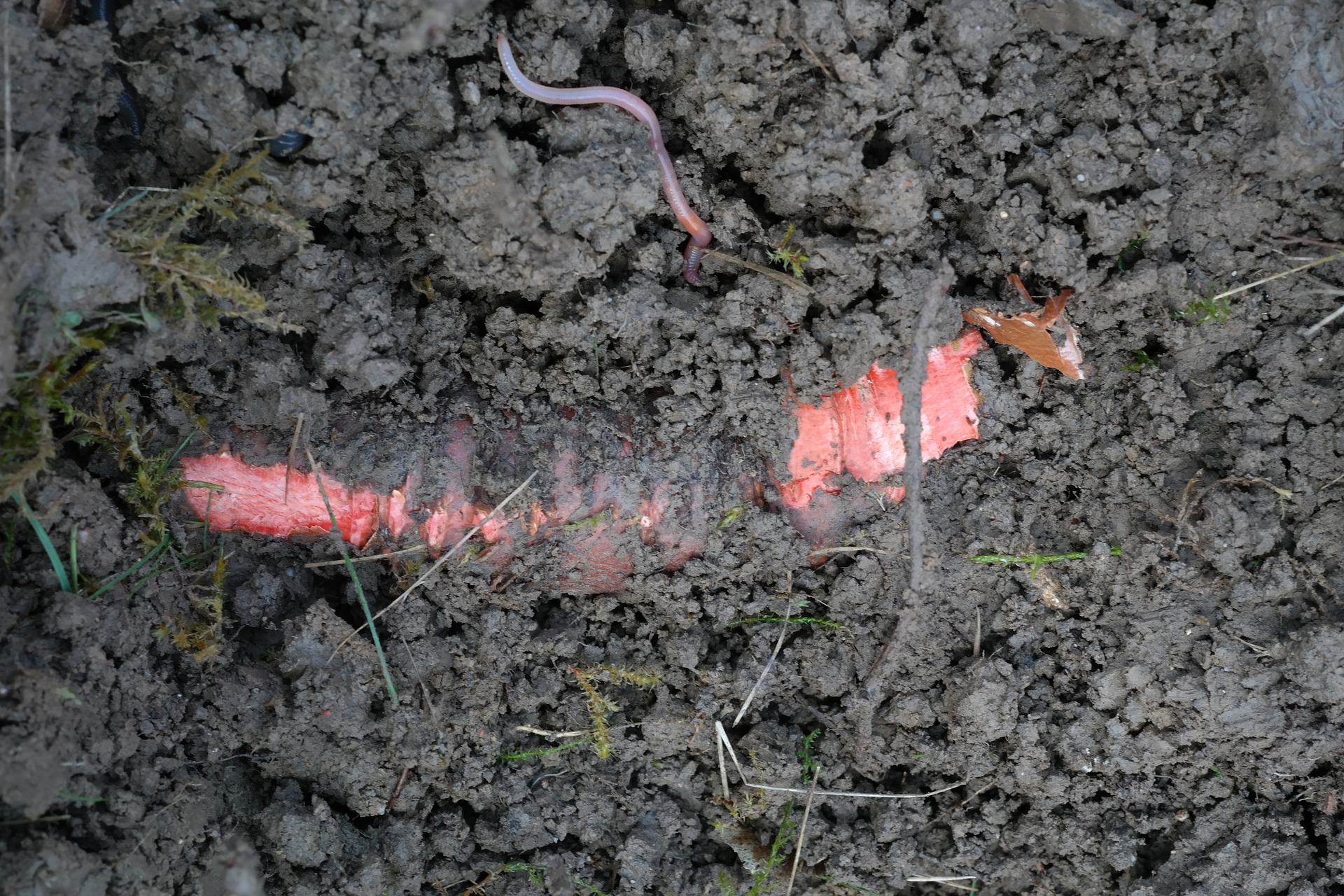Vital Soil Fungi Damaged by GMO Bt Cotton
Author: Dr Eva Sirinathsinghji | Published: November 24, 2016
A new study finds that transgenic cotton genetically modified to express a Bt (Bacillus thuringiensis) insect toxin inhibits the development of the beneficial soil organism Rhizophagus irregularis, a common arbuscular mycorrhizal (AM) fungus.
The study, which examined three separate genetically modified (GM) cotton lines and three non-GM lines, also found that the GM varieties disrupt the ability of the fungus to form a symbiotic association with the GM crop.
The fungus, when grown with GM cotton, displays fewer reproductive spores, fewer associations with GM cotton roots and increased fungal degeneration.
While the specific mechanism requires further study, the statistical analysis carried out in the study demonstrates that the “Bt-trait significantly contributes to the inhibition of pre-symbiotic development and AM fungal colonization, which might be attributed to either Bt toxin toxicity or interference of signal perception between AM fungi and the hosts.”
Analysing three commercialised Bt cotton crops grown in China, the investigators found a reduction of fungal colonisation of roots by 44.4%, 25.0% and 51.3% for each line when compared with their isogenic parental controls.
Branching of the AM fungi was also significantly reduced, with shortened hyphae and reduced arbuscule frequency – tuft-like structures that help colonise roots on the Bt lines, which were reduced by up to 68.2% for one of the lines. This was consistent with a significant reduction in shoot biomass (Bt lines having a biomass of 0.34, 0.33 and 0.30 grams for each line) compared to controls (0.27, 0.27 and 0.25 g).
Crucially, the GM cotton plants appeared to suffer from their reduced ability to associate with the mycorrhizal fungus: they showed reduced shoot growth when compared with non-GM parental lines.
This highlights the importance of maintaining a living, healthy soil – which our industrial agricultural practices are destroying.
Unanticipated and wide reaching effects on the health of our soils
It is increasingly apparent that Bt crops are a failing technology, unable to withstand the pests they are designed to ward off. Burkina Faso, the first African nation to cultivate Bt cotton has now pulled it from the market due to the low quality of cotton it produces. India is seeing farmers revert to conventional varieties due to dire failures in Bt cotton yields that have pushed farmers further into debt and suicide.
Admitting Bt crop failures, the GM industry have since marketed crops with multiple Bt toxins in an effort to delay their futility. However, as this latest study, performed by researchers in Huazong Agricultural University under the Chinese Ministry of Agriculture shows, there are many ways in which Bt crops can have unanticipated and wide reaching effects on the health of our soils and wider environment, some of which go beyond the inability of Bt toxins to target pests.
Some problems seen with Bt crops – including the spread of crop disease and rise of secondary pest attacks – may well be exacerbated by the damage to soil biology.
Living soil is essential to life, moderating climate, storing and recycling water and nutrients, biodegrading pollutants, with humans utterly dependent on its survival for food production, and also serves as an important mitigating factor in an era of unpredictable climate change.
The sacred properties of soil have long been recognised by human cultures, but this knowledge has been eroded by the advent of industrial agriculture that has resulted in declining soil health. In the last 40 years, we have lost an estimated third of all arable land to soil infertility, reflected in plateauing and even declining crop yield gains in the last decade, despite continued increases in economic investments.
This study is the latest warning that a decisive shift from industrial / GMO practices to sustainable, agroecological methods is needed to undo the damage, and ensure food security and health of people and planet for the future.

